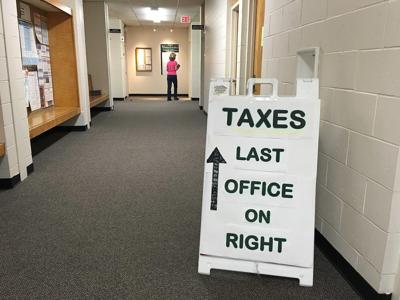On this edition of Common Sense Digest, we take a deep dive into a major law unique to Colorado, and why it is relevant today, nearly three decades after being voted in by Coloradans in 1992. That’s right, we’re discussing the Taxpayer’s Bill of Rights, commonly referred to as TABOR.
In recent years, we have seen direct attempts through our state’s ballot process to strike TABOR entirely. At present, TABOR is being challenged from multiple angles and our Host and Chairman Earl Wright welcomes two guests to discuss why TABOR matters, what makes it unique, and what challenges lie ahead for it.
Joining Earl is, first, Michael Fields, Executive Director of Colorado Rising Action, a 501(c)(4) that fights “for limited government, lowering taxes, fighting government over-regulation that stifles freedom, affordable and accessible health care, free enterprise, and a strong national security.” Also joining is Dustin Zvonek, current candidate for Aurora City Council, a small business owner, former congressional and legislative aide, current member of the Aurora Citizens Advisory Budget Committee, and alumnus of Common Sense Institute.
Thank you for listening to Common Sense Digest.





